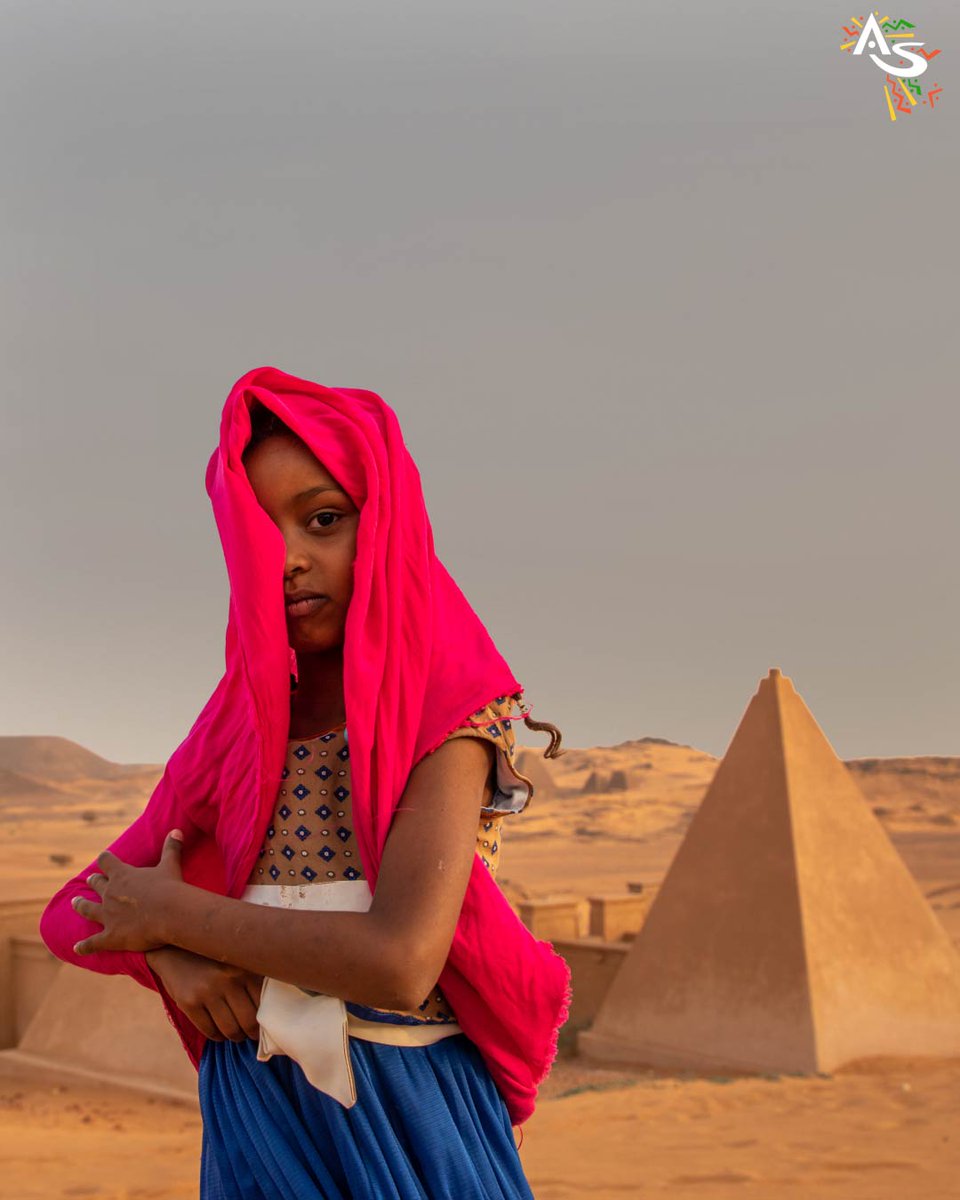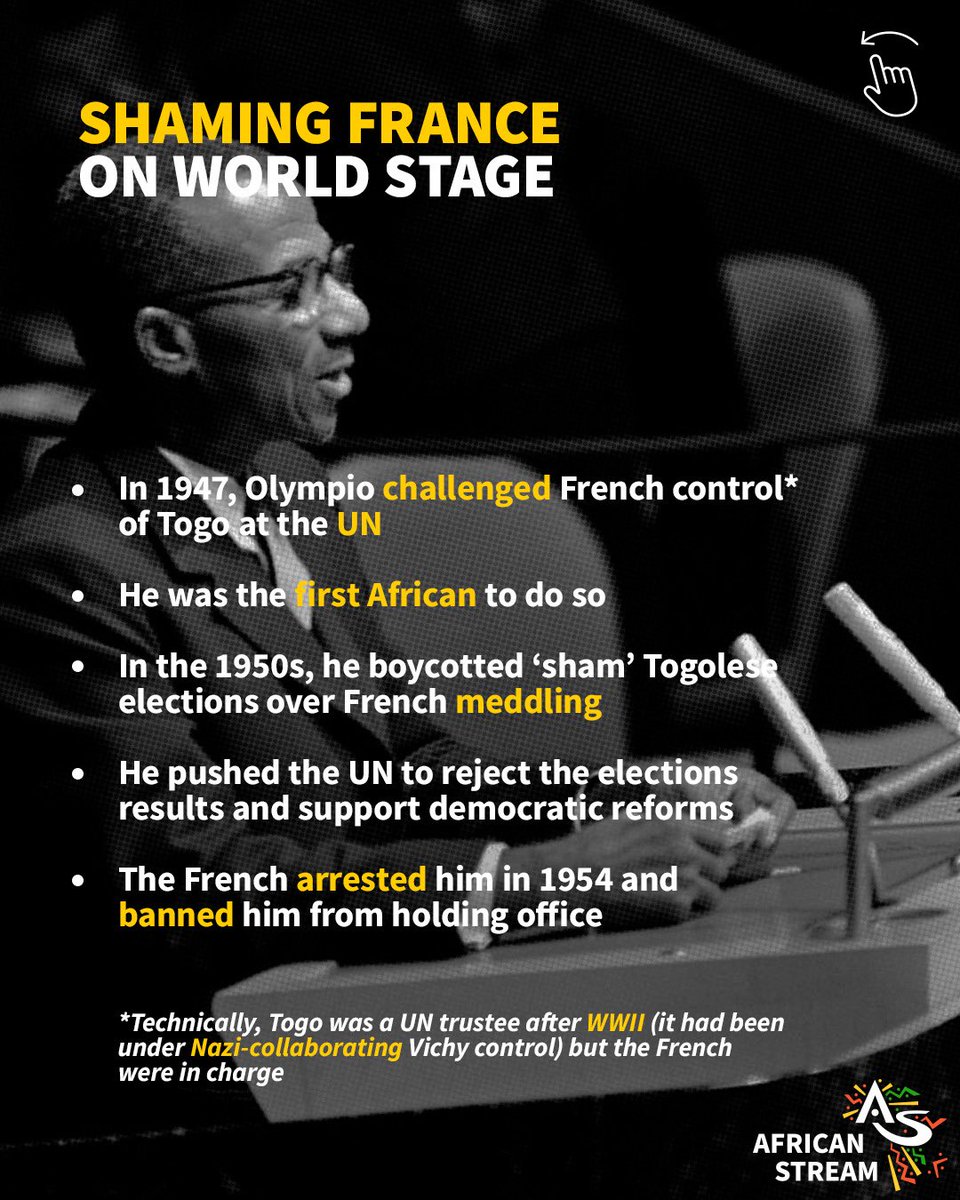THREAD 🧵
WHOSE PYRAMIDS WERE BUILT FIRST?
Sudan is home to more ancient pyramids than its neighbour Egypt! Despite years of tampering and looting, these unique pyramids still stand tall today. So which ones are older and hold more secrets of the African continent?
#Sudan
WHOSE PYRAMIDS WERE BUILT FIRST?
Sudan is home to more ancient pyramids than its neighbour Egypt! Despite years of tampering and looting, these unique pyramids still stand tall today. So which ones are older and hold more secrets of the African continent?
#Sudan

The Nubian people are to thank - an ancient community living by the Nile since 5,000 BC. They once ruled both Egypt and Sudan in what is known as the Kush Kingdom.
#pyramids #Sudanese #sudanesenews #Egypt #History
#pyramids #Sudanese #sudanesenews #Egypt #History

These structures are grouped in clusters at formerly grand sites like El Kurru, Gebel Barkal, and Meroe. 

Debate rages about whether Egypt’s or Sudan’s pyramids are the oldest. What is known is that both are more than 2,000 years old. 

Some sites in Sudan were sacred to the Egyptians…Jebel Barkal is a mountain that symbolised creation and fertility - being the presumed birthplace of their god of gods Amun. 

A British expedition in 1897 discovered there were no burial chambers inside the Sudanese pyramids. Instead, these were underneath the pyramids - making them not tombs but colossal headstones. 

Interestingly, the way they’re built - flat sides, solid on the inside - is very similar to pyramid structures in Central America. But this also made them easier to loot. 

Italian treasure hunter Giuseppe Ferlini - who found gold under the pyramid in Meroe - is one of many looters to blame for truncating the pyramids……in other words, stealing the top part! 

Despite years of vandalism and looting, these unique pyramids still stand tall today. And Sudan is in fact the country with the most pyramids in the world! 

• • •
Missing some Tweet in this thread? You can try to
force a refresh






















